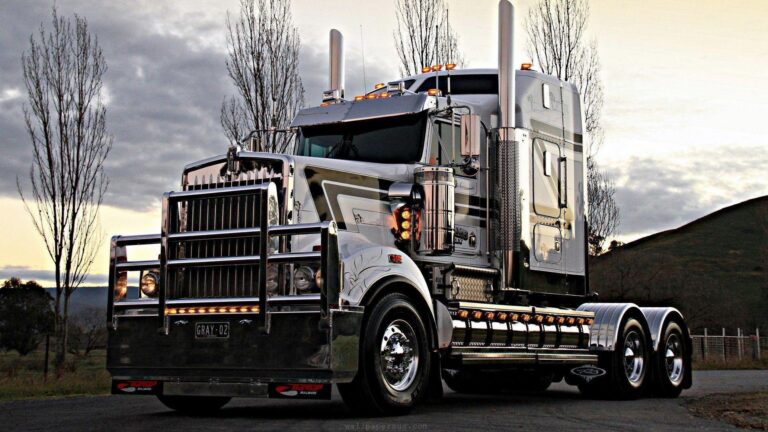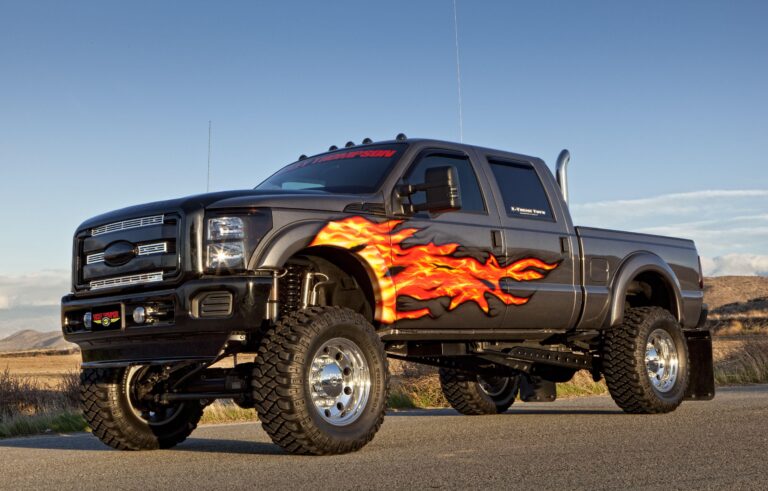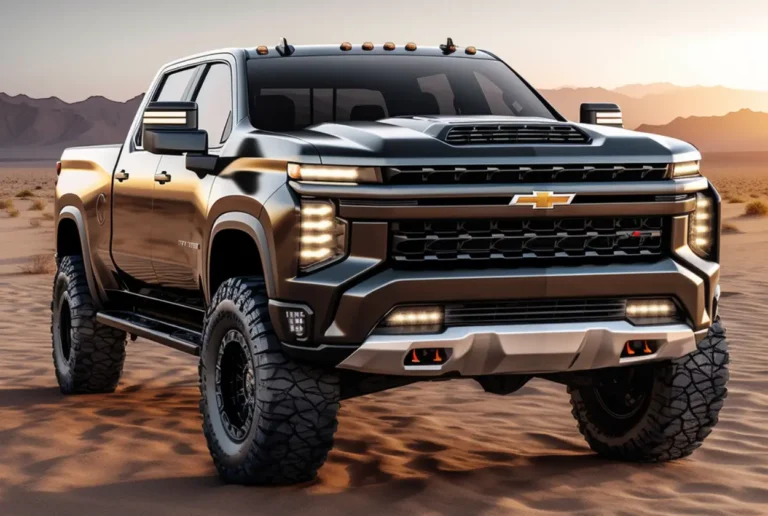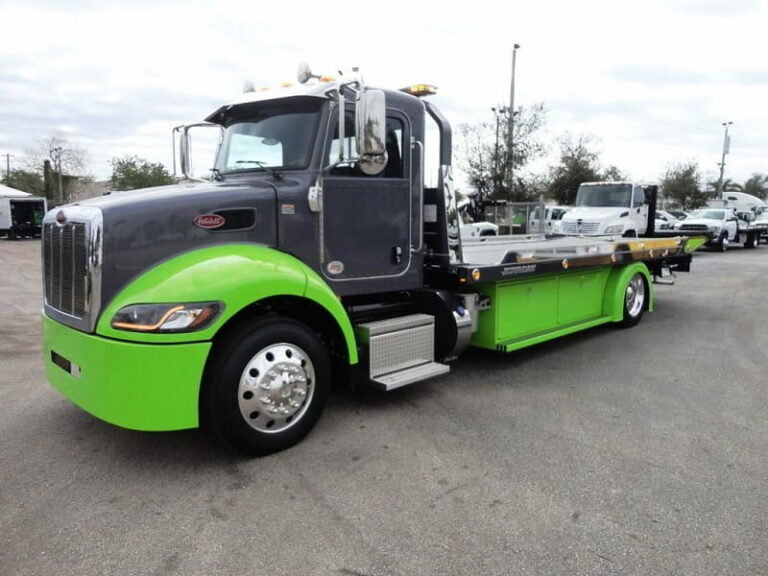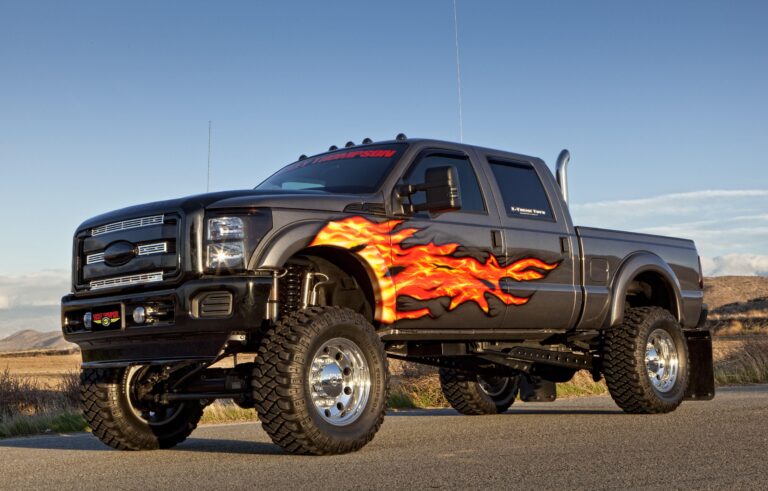How Much Is A U-Haul Car Trailer? Your Comprehensive Guide to Rental Costs and Considerations
How Much Is A U-Haul Car Trailer? Your Comprehensive Guide to Rental Costs and Considerations cars.truckstrend.com
Moving a vehicle, whether across town or cross-country, often brings with it the logistical challenge of transportation. For many, U-Haul car trailers emerge as a convenient and cost-effective solution. These specialized trailers are designed to safely transport vehicles behind a suitable towing truck or SUV. However, before you hitch up and hit the road, a crucial question arises: "How much is a U-Haul car trailer?" The answer, as with many rental services, isn’t a single flat fee. It’s a dynamic figure influenced by a variety of factors, from the type of trailer you choose to the distance you’re traveling and even the time of year. Understanding these variables is key to budgeting accurately and ensuring a smooth, stress-free vehicle transport experience.
This comprehensive guide will break down the costs associated with U-Haul car trailer rentals, explore the factors that influence pricing, offer practical advice for securing the best deal, and address common questions to help you make an informed decision.
How Much Is A U-Haul Car Trailer? Your Comprehensive Guide to Rental Costs and Considerations
Understanding Your U-Haul Car Trailer Options
U-Haul primarily offers two types of car trailers, each designed for different needs and impacting the overall cost:
- U-Haul Auto Transport (Car Carrier): This is a tandem-axle trailer designed to lift all four wheels of your vehicle off the ground. It’s ideal for long-distance moves, vehicles with low ground clearance, or those that cannot be driven (e.g., non-running vehicles, classic cars). Auto transports offer maximum protection from road wear and tear.
- U-Haul Tow Dolly: This is a two-wheel trailer that lifts only the front wheels of your vehicle off the ground, with the rear wheels remaining on the road. Tow dollies are generally lighter, more maneuverable, and less expensive than auto transports. They are suitable for shorter distances, vehicles that are front-wheel drive, and those that can be safely towed with their rear wheels on the ground.
The choice between these two will be one of the primary determinants of your rental cost.
Factors Influencing U-Haul Car Trailer Rental Costs

Several key elements contribute to the final price tag of a U-Haul car trailer rental. Understanding these will help you anticipate costs and potentially find ways to save.
- Duration of Rental: U-Haul typically prices rentals on a daily basis for local moves. For one-way moves, the cost is usually a flat rate based on the estimated travel time and distance, rather than strict daily charges. Renting for multiple days locally will accumulate daily charges.
- Distance and One-Way vs. Round-Trip: This is perhaps the most significant factor.
- Local (Round-Trip) Rentals: If you pick up and return the trailer to the same U-Haul location, the costs are significantly lower. These are typically charged per day.
- One-Way Rentals: When you pick up a trailer at one location and drop it off at another, the cost is much higher. This is due to the logistical challenges for U-Haul in repositioning their equipment. The price for one-way rentals is calculated based on the distance between the pickup and drop-off locations and the demand for trailers along that route.
- Location (Pickup and Drop-off): Rental prices can vary depending on regional demand, the specific U-Haul center, and even the state. Major metropolitan areas or popular moving corridors might have different pricing structures compared to rural locations.
- Time of Year and Demand: Like many rental services, U-Haul experiences peak seasons. Summer months (May-August), the end of each month, and holidays are typically periods of high demand, leading to higher prices due to limited availability. Renting during off-peak times can often result in lower costs.
- Type of Trailer: As mentioned, the Auto Transport (car carrier) is almost always more expensive than the Tow Dolly due to its larger size, heavier construction, and greater utility.
- Additional Services and Products: U-Haul offers various add-ons that can increase your total cost:
- Safemove® / Safetow® Insurance: These optional coverage plans protect you against damage to the trailer or the towed vehicle, respectively. While optional, they are highly recommended for peace of mind.
- Hitch and Wiring Installation: If your personal vehicle isn’t equipped for towing, U-Haul can install a hitch and wiring harness, which adds a separate cost.
- Moving Supplies: Boxes, packing tape, furniture pads, etc., are available for purchase.
- Taxes and Fees: State and local taxes, environmental fees, and other surcharges will be added to your rental cost. These vary by location.
Typical Pricing Ranges for U-Haul Car Trailers
While exact figures require a direct quote from U-Haul, we can provide estimated pricing ranges to help you budget. These estimates are subject to change based on the factors listed above.
Estimated U-Haul Car Trailer Rental Costs (Varies by Location, Demand, and Distance)
| Trailer Type | Rental Type | Estimated Daily Cost (Local) | Estimated Weekly Cost (Local) | Estimated One-Way Cost (Short Distance: 100-300 miles) | Estimated One-Way Cost (Medium Distance: 300-1000 miles) | Estimated One-Way Cost (Long Distance: 1000+ miles) |
|---|---|---|---|---|---|---|
| U-Haul Tow Dolly | Local (Round-Trip) | $45 – $65 | $200 – $300 | $90 – $150 | $150 – $350 | $300 – $600+ |
| U-Haul Auto Transport | Local (Round-Trip) | $65 – $85 | $300 – $450 | $120 – $200 | $250 – $550 | $500 – $900+ |
| Optional Add-ons | Safetow Insurance | ~$10 – $20/day | N/A | ~$10 – $25 (one-time) | ~$15 – $35 (one-time) | ~$25 – $50 (one-time) |
| Hitch Installation | N/A | N/A | $150 – $350+ (one-time) | $150 – $350+ (one-time) | $150 – $350+ (one-time) |
Disclaimer: These are estimates and can fluctuate significantly. Always obtain a direct quote from U-Haul for your specific dates, locations, and vehicle information. One-way prices are highly variable based on demand and route.
How to Get an Accurate U-Haul Car Trailer Quote
The most reliable way to determine your exact cost is to use U-Haul’s official channels:
- U-Haul Website/App: This is the easiest method. Enter your desired pickup and drop-off locations, dates, and most importantly, the year, make, and model of the vehicle you intend to tow, as well as the vehicle you will be using to tow the trailer. This information allows U-Haul to determine compatibility and provide an accurate quote.
- Call a U-Haul Representative: If you prefer speaking to someone or have complex needs, calling U-Haul directly can provide clarity and help you explore options.
Always provide precise information, especially about your towing vehicle and the vehicle being towed, as U-Haul has strict safety guidelines regarding weight and compatibility.
Important Considerations Before Renting
Beyond the cost, several practical considerations are crucial for a successful and safe towing experience:
- Towing Vehicle Compatibility: Your towing vehicle (truck or SUV) must meet specific requirements. It must be heavier than the vehicle being towed PLUS the weight of the trailer itself. U-Haul has a detailed compatibility checker on its website.
- Hitch Requirements: Your towing vehicle needs a proper hitch receiver (typically Class II, III, or IV, depending on the weight) and a hitch ball of the correct size (usually 1-7/8" or 2" for U-Haul trailers).
- Lighting and Electrical Connections: Your towing vehicle must have a functional 4-flat or 7-way round electrical connector for the trailer’s brake lights, turn signals, and running lights.
- Loading and Unloading: Understand how to properly load and secure your vehicle onto the trailer. Incorrect loading can lead to dangerous instability. U-Haul provides instructions and videos.
- Insurance: Your personal auto insurance policy might offer limited coverage for rental trailers. However, it’s wise to consider U-Haul’s optional Safetow® coverage, which specifically protects the rented trailer and the vehicle being towed against damage.
- Driving with a Trailer: Towing a trailer significantly changes your vehicle’s handling, braking distance, and turning radius. Practice driving with the empty trailer if possible. Be aware of lower speed limits for vehicles towing trailers, especially on highways.
Tips for Saving Money on Your U-Haul Car Trailer Rental
While one-way moves are inherently more expensive, there are still ways to potentially reduce your overall cost:
- Book in Advance: Especially for one-way rentals or during peak seasons, booking several weeks or even months ahead can secure a better rate and ensure availability.
- Be Flexible with Dates and Locations: If your moving dates are flexible, try pricing quotes for different days of the week or even different pickup/drop-off locations slightly outside major city centers. Sometimes, picking up a few miles away can yield savings.
- Consider a Round-Trip for Local Moves: If you only need the trailer for a short local move and can return it to the original location, this is always the most economical option.
- Self-Load and Unload: While U-Haul doesn’t offer loading services for car trailers, ensuring you have the necessary assistance and tools to do it yourself means you won’t incur any extra labor costs.
- Check for Promotions: Occasionally, U-Haul may offer special discounts or promotions, particularly during off-peak seasons.
- Ensure Your Towing Vehicle is Ready: Avoid last-minute surprises. Confirm your hitch, wiring, and vehicle’s towing capacity are all in order before you arrive at U-Haul. Needing a hitch installation on the spot can be costly and time-consuming.
Potential Challenges and Solutions
- Availability Issues: During peak moving times, trailers can be scarce.
- Solution: Book as far in advance as possible. Be flexible with your pickup date/time if feasible.
- Incorrect Vehicle Information: Providing inaccurate weight or dimensions for your towed vehicle can lead to U-Haul refusing the rental for safety reasons.
- Solution: Double-check your vehicle’s exact specifications (curb weight, wheelbase, overall dimensions) before getting a quote.
- Mechanical Issues with Trailer: While rare, equipment can malfunction.
- Solution: U-Haul offers 24/7 roadside assistance. Familiarize yourself with their contact information before you leave.
- Learning Curve for Towing: If you’re new to towing, it can feel daunting.
- Solution: Watch U-Haul’s instructional videos, read their safety guides, and if possible, practice driving in a safe, open area before embarking on your journey.
Frequently Asked Questions (FAQ)
Q: Can I rent a U-Haul car trailer without also renting a U-Haul truck?
A: Yes, absolutely. As long as your personal vehicle meets U-Haul’s towing capacity requirements, has a compatible hitch, and proper lighting connections, you can rent a car trailer independently.
Q: Do I need insurance for a U-Haul car trailer?
A: While your personal auto insurance might offer some coverage, it’s often limited. U-Haul’s optional Safetow® coverage is highly recommended as it specifically covers damage to the U-Haul trailer and the vehicle being towed, providing comprehensive protection.
Q: What’s the main difference between a U-Haul Car Carrier (Auto Transport) and a Tow Dolly?
A: The Car Carrier lifts all four wheels of the towed vehicle off the ground, offering maximum protection and stability, suitable for longer distances or non-running vehicles. The Tow Dolly lifts only the front wheels, leaving the rear wheels on the ground, making it lighter and generally cheaper, ideal for shorter distances and front-wheel drive vehicles.
Q: What kind of hitch do I need for a U-Haul car trailer?
A: You’ll need a receiver hitch (typically Class II, III, or IV) installed on your towing vehicle. The hitch ball size is usually 1-7/8" or 2", depending on the trailer type and model. Ensure your hitch’s weight rating exceeds the combined weight of the trailer and the towed vehicle.
Q: Can I tow any car with a U-Haul trailer?
A: No. There are strict weight and dimension limits for both the towed vehicle and the towing vehicle. U-Haul’s website has a compatibility checker where you input your vehicle information to confirm if it can be safely towed or can safely tow.
Q: Are there mileage fees for U-Haul car trailers?
A: For local (round-trip) rentals, there are typically no mileage fees; you pay a daily rate. For one-way rentals, the cost is a flat rate based on the distance and route, meaning mileage is factored into the initial quote, but you won’t be charged extra per mile.
Q: How fast can I drive with a U-Haul trailer?
A: U-Haul recommends a maximum speed of 55 MPH when towing their equipment. Additionally, always adhere to posted speed limits for vehicles towing trailers, which are often lower than regular car limits, especially in certain states.
Conclusion
The question "How much is a U-Haul car trailer?" doesn’t have a one-size-fits-all answer. It’s a calculation based on the interplay of trailer type, rental duration, distance, location, time of year, and optional services. By understanding these influencing factors and utilizing U-Haul’s online quoting tools, you can accurately budget for your vehicle transport needs. Remember to prioritize safety by ensuring your towing vehicle is compatible and that you understand proper loading and driving techniques. With careful planning and an informed approach, a U-Haul car trailer can be an efficient and economical solution for moving your vehicle, giving you peace of mind on the road ahead.

